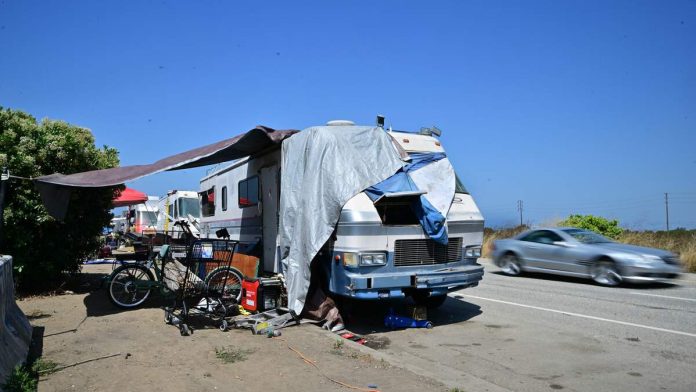Cities across California are intensifying efforts to address homelessness by targeting people living in vehicles. In San Jose, officials have started towing vehicles with expired registrations, affecting many of the homeless population who use their cars and RVs as homes. As of August 17, vehicles with registration expired by more than six months can be towed without warning. This move is part of a broader strategy to manage the over 2,000 lived-in vehicles in the city, where 36% have expired tags.
According to San José Spotlight, the city has allocated over $1 million to enforce these measures, with expectations to generate $55,000 in revenue from citations this fiscal year. However, critics argue that this approach displaces individuals without offering adequate support or alternative housing solutions. Rudy Ortega, a resident of Columbus Park, expressed concern that towing his vehicle would leave him unable to work and survive.
In addition to targeting expired registrations, San Jose has expanded its Oversized and Lived-In Vehicle Enforcement (OLIVE) program. This initiative bans lived-in vehicles from designated streets, a policy expected to extend to 50 more sites this fiscal year. The city has also enacted a “vanlording” policy, which prohibits renting RVs to homeless individuals, further restricting their options. District 2 Councilmember Pamela Campos opposed the policy, citing concerns over its impact on civil liberties and the lack of sufficient safe parking sites.
The enforcement measures reflect a statewide trend, with CalMatters reporting on similar actions across California. Proposed legislation, Assembly Bill 630, aims to facilitate the towing and dismantling of RVs, which many see as a last-resort shelter. Critics argue that such measures strip away protections without addressing the root causes of homelessness.

Recent Comments